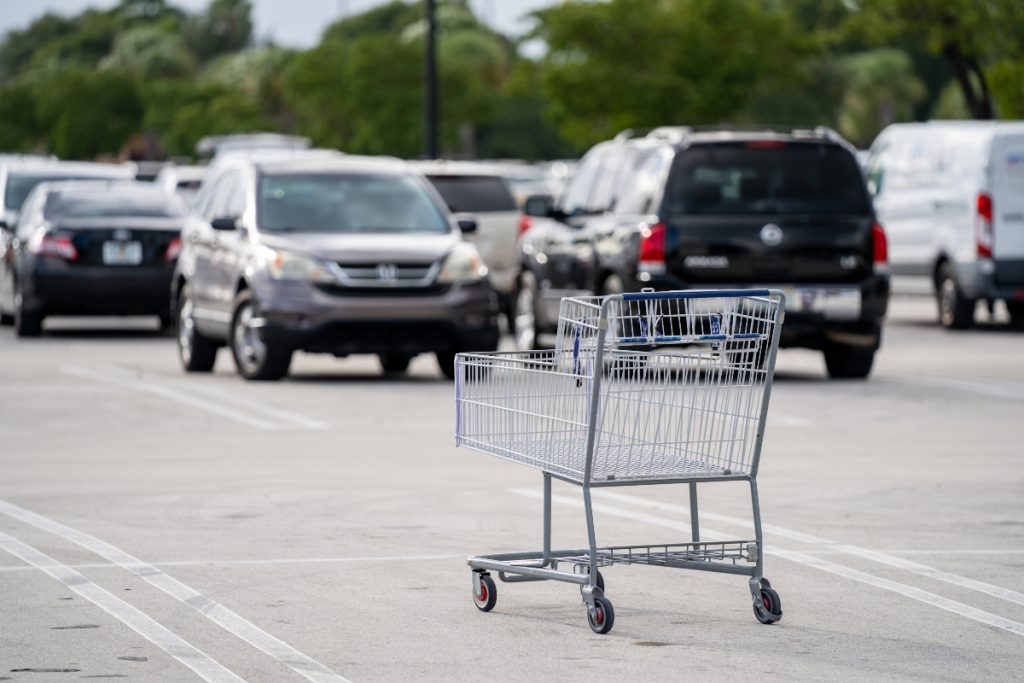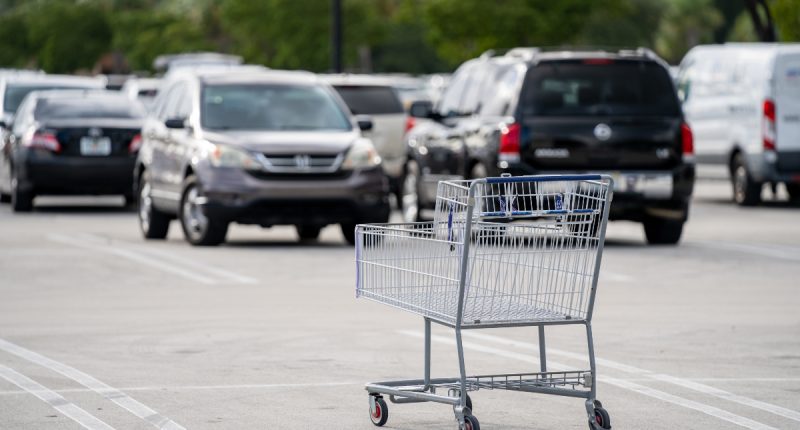Have you ever noticed that some people never return shopping carts to their designated area, leaving them scattered throughout the parking lot? This phenomenon may seem insignificant, but it can actually cost retailers a significant amount of money in damage and retrieval fees. But why do some people engage in this behavior, while others always return carts to their proper place?

According to social psychologists, this behavior can be explained by a phenomenon called “the broken windows theory.” This theory states that small acts of vandalism, such as leaving a shopping cart in the parking lot, can lead to a decline in overall community standards and a sense of lawlessness. Essentially, when people see that others are engaging in this behavior, they are more likely to do it themselves.
Another reason that some people may not return shopping carts is that they are experiencing what is known as “moral disengagement.” This occurs when people distance themselves from their own actions and the consequences of those actions, allowing them to engage in behavior that they would normally find unacceptable. In this case, a person may justify not returning a cart because they don’t see the harm in it or they believe that someone else will take care of it.
Additionally, some people may simply be too busy or preoccupied to return a cart, while others may not see it as their responsibility. According to researchers, people who are high in trait self-control are less likely to engage in this behavior.
In conclusion, the reasons for not returning shopping carts can be diverse, but some of the main factors are the broken windows theory, moral disengagement and lack of self-control. Retailers can help combat this behavior by making it more convenient for customers to return carts, such as providing more cart corrals or offering incentives for cart return. It is also important for individuals to be aware of their own actions and the impact they can have on their community.









